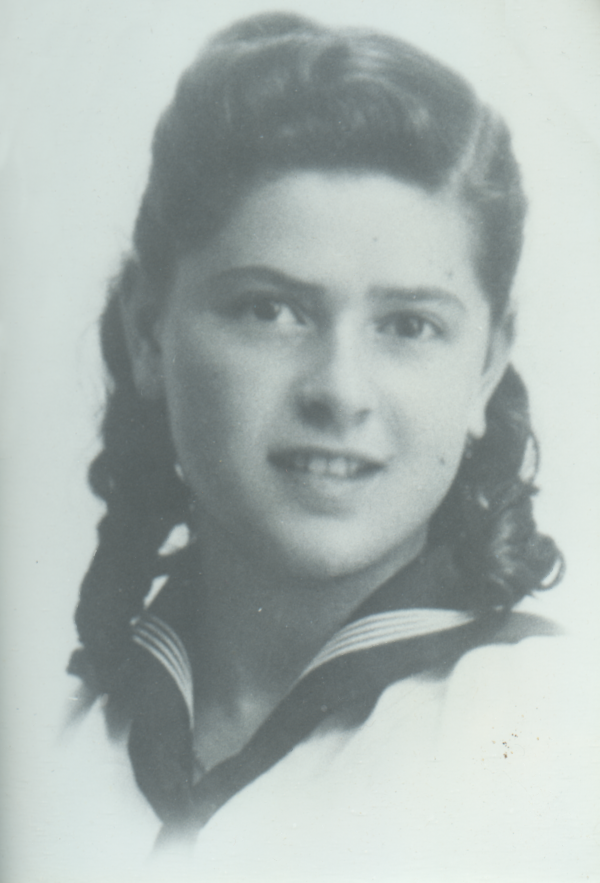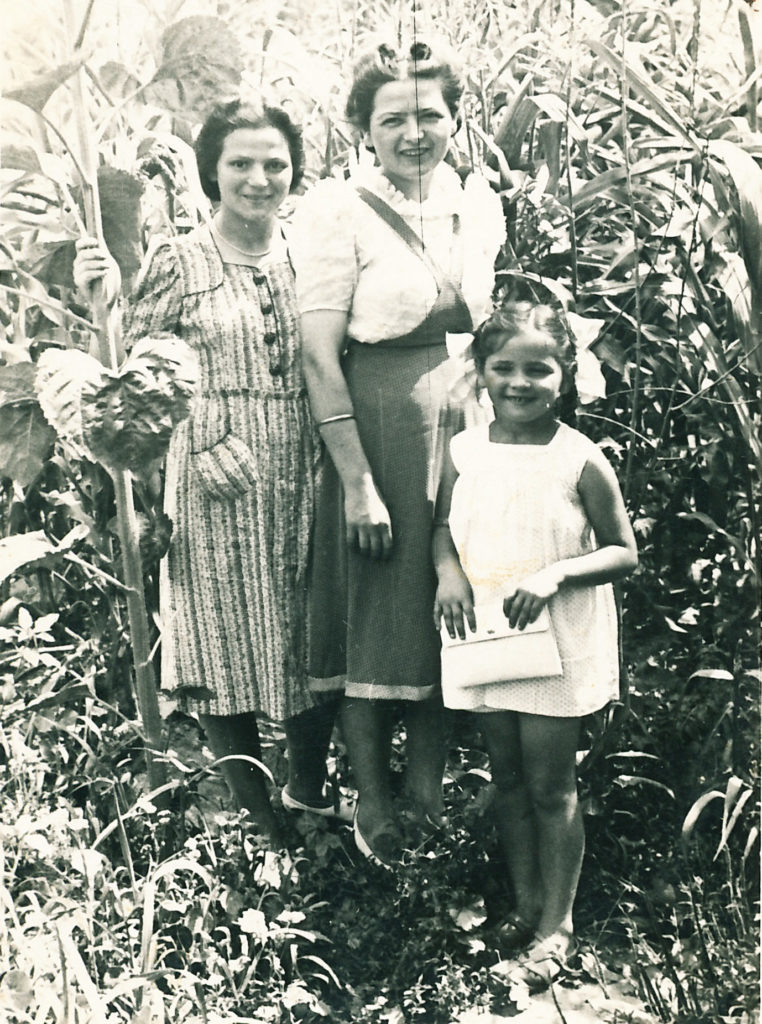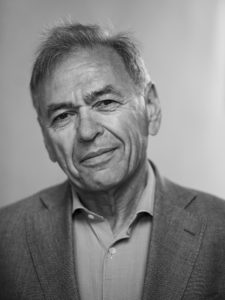
The young Lusia Rosenzweig
A Survivor’s Journey: The Lusia Milch Story
English, 103 minutes, 2020
This powerful documentary, the tale of Lusia Milch’s plight and survival, was first shown on 25 December 2020 on the occasion of her 90th birthday. She was the first one to watch it, accompanied by her closest family. Follow the account of her amazing journey from being a hunted, orphaned Jewish child in occupied Poland, to finding a haven in America. The story is told in her own words and accompanied by family photos and relevant archival films.
She was born as Lusia Rosenzweig 1930 in Skałat, at that time a small Polish town close to the Soviet border, now situated in Western Ukraine and reduced to half its former size. Her father died of cancer when she was four. Her mother eventually remarried and had another daughter. With the onset of the Second World War, the Soviet occupation ensued, and was followed by the German one and the Holocaust.
By 1943, her mother, stepfather and sister had been murdered along with nearly all the members of her extended family and the Jewish community of Skałat – the latter constituting more than half of its population. Thus, at the age of 12 she found herself on her own in a totally hostile environment. Pretending to be a Ukrainian peasant girl, she survived against all odds until liberation by the Soviet army. After having made her way across the devastated continent, she sailed to New York.
I spoke with Lusia the day after she had seen the film. She was enthralled and spellbound by her own testimony. She related her impressions, constantly repeating their essence: It is all true.
The interviews with Lusia were recorded in 2018 when she was 87. There was no script. She was talking from memory except for a brief excerpt that she read from witness testimonies. These are to be found in the book The Death of a Shtetl by Abraham Weissbrod, which she translated from Yiddish and published in 1995.
Lusia bears incontrovertible witness to the crimes against herself, her family, and her people. I know her story by heart. I have spoken to her innumerable times over the past 50 years. The larger part of every single conversation was Lusia’s retelling of her story. She has never changed the smallest detail. Her story has been unvaryingly consistent.
Having participated in this perpetual ritual of rescuing those events and their victims from oblivion, I now regard myself as privileged to serve as a secondary witness to the consistency of her memories. The subsequent generations of Holocaust survivors are witnesses by inheritance.

Etka, Rózia and Gizunia Bernstein, Skałat, July 1939
In the film, there is a photograph of a smiling young woman flanked by two young girls. My mother and her sisters were Lusia’s cousins. My young aunts died in the killing fields of Skałat together with my grandfather. Hidden between the frames of this film there are those who have not even left a photograph behind them – innumerable faces which will never reveal themselves, and voices that were uttered but never heard.
Lusia Milch is giving voice to those whose faces remain hidden. All of it is true.
Jurek Hirschberg
This text is also available in Swedish and in Polish.



